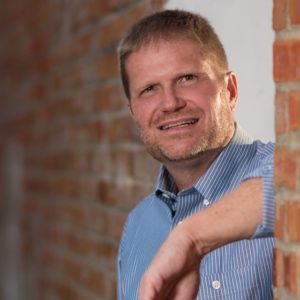
Russ White is a well-known voice in computer networking, where he advocates for simplicity, privacy, and the decentralized Internet. He co-hosts the Hedge and the History of Networking podcasts, serves on the Internet Architecture Board and in a leadership role in the FR Routing open-source community. Russ has co-authored many software patents, books, and hours of video training in computer networks. He holds a Ph.D. in apologetics and culture from Southeast Baptist Theological Seminary, an MACM from Shepherds Theological Seminary, and an MSIT from Capella University.
Russ recently finished Unintended Dystopia, a book about social media’s impact, which is being published by Wipf & Stock in the fall of 2021.
| Cookie | Duration | Description |
|---|---|---|
| cookielawinfo-checkbox-analytics | 11 months | This cookie is set by GDPR Cookie Consent plugin. The cookie is used to store the user consent for the cookies in the category "Analytics". |
| cookielawinfo-checkbox-functional | 11 months | The cookie is set by GDPR cookie consent to record the user consent for the cookies in the category "Functional". |
| cookielawinfo-checkbox-necessary | 11 months | This cookie is set by GDPR Cookie Consent plugin. The cookies is used to store the user consent for the cookies in the category "Necessary". |
| cookielawinfo-checkbox-others | 11 months | This cookie is set by GDPR Cookie Consent plugin. The cookie is used to store the user consent for the cookies in the category "Other. |
| cookielawinfo-checkbox-performance | 11 months | This cookie is set by GDPR Cookie Consent plugin. The cookie is used to store the user consent for the cookies in the category "Performance". |
| viewed_cookie_policy | 11 months | The cookie is set by the GDPR Cookie Consent plugin and is used to store whether or not user has consented to the use of cookies. It does not store any personal data. |